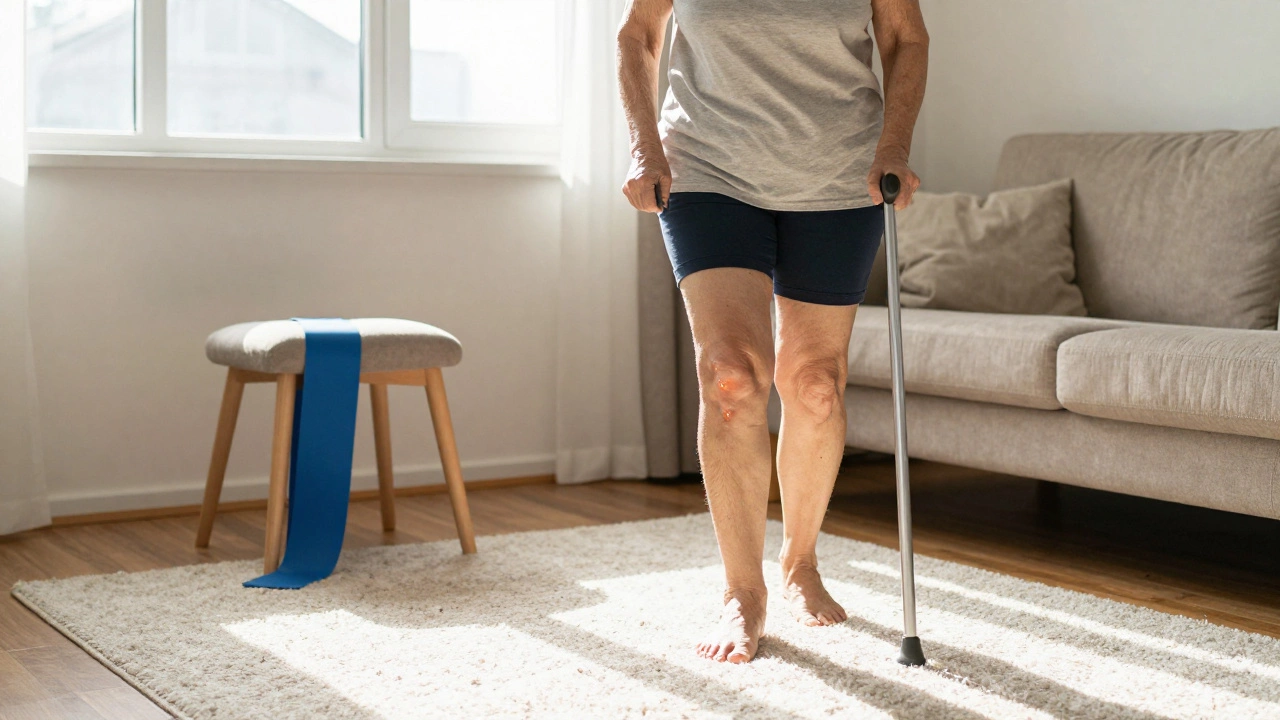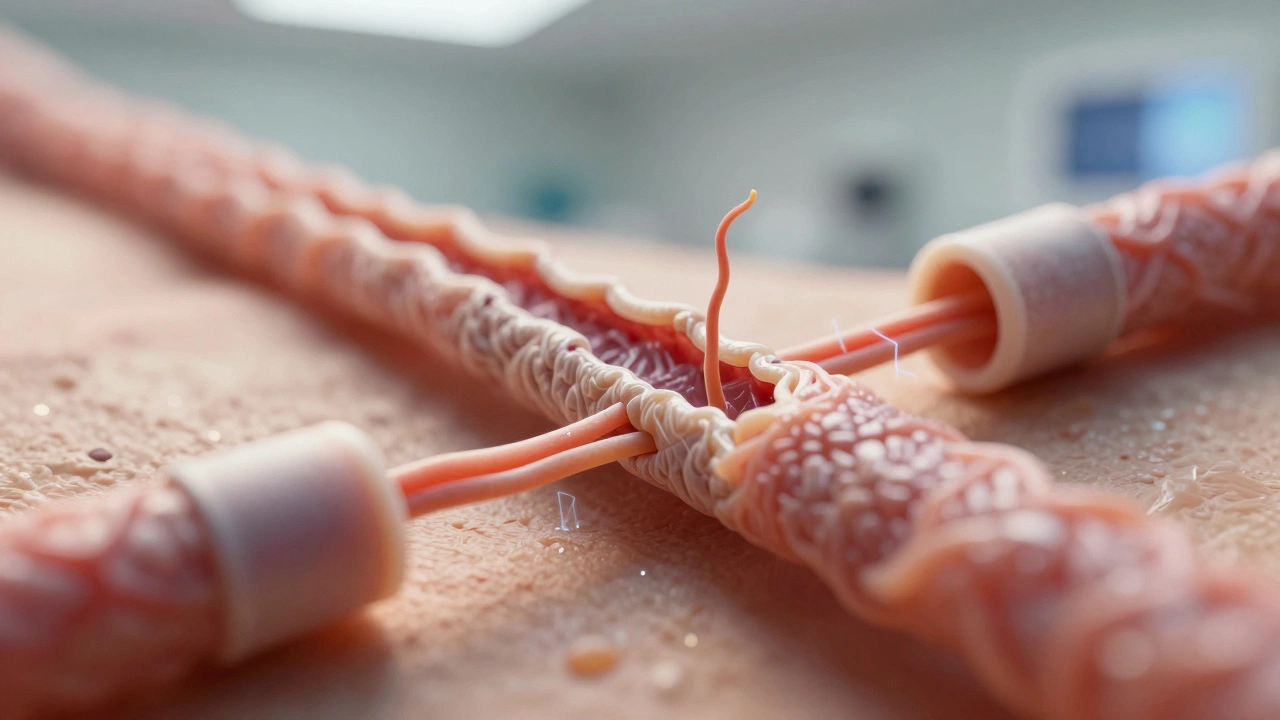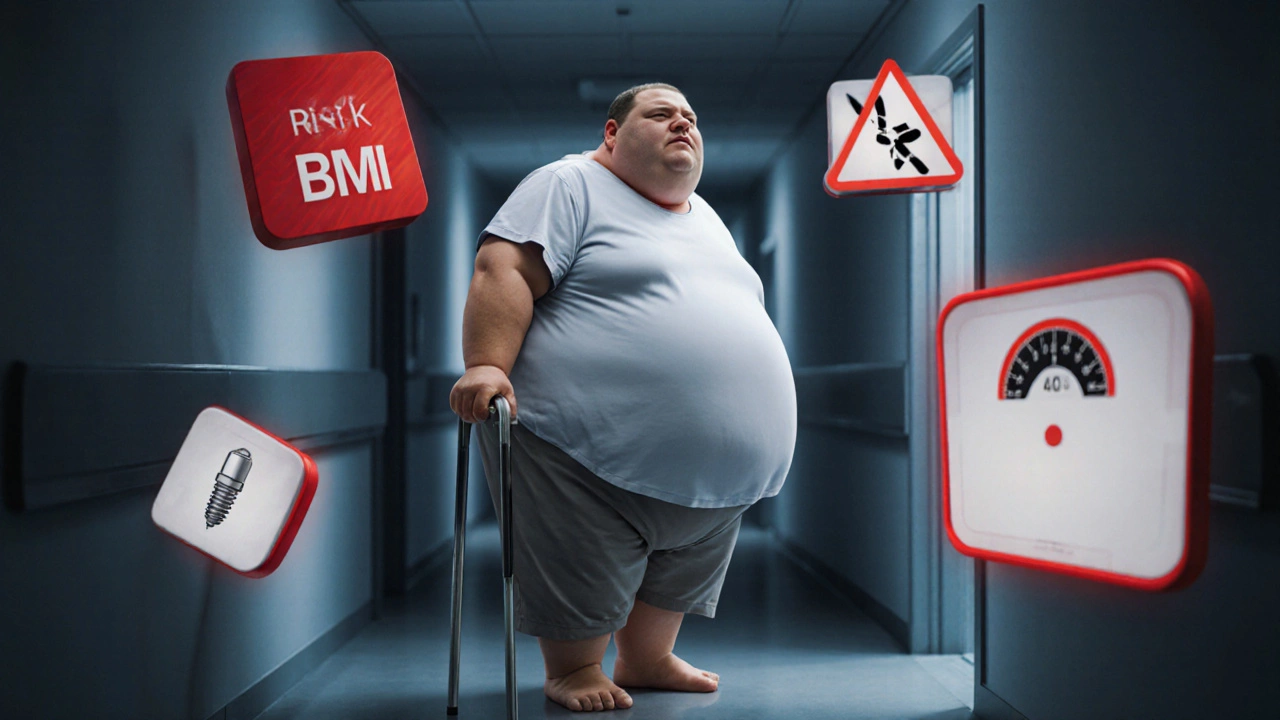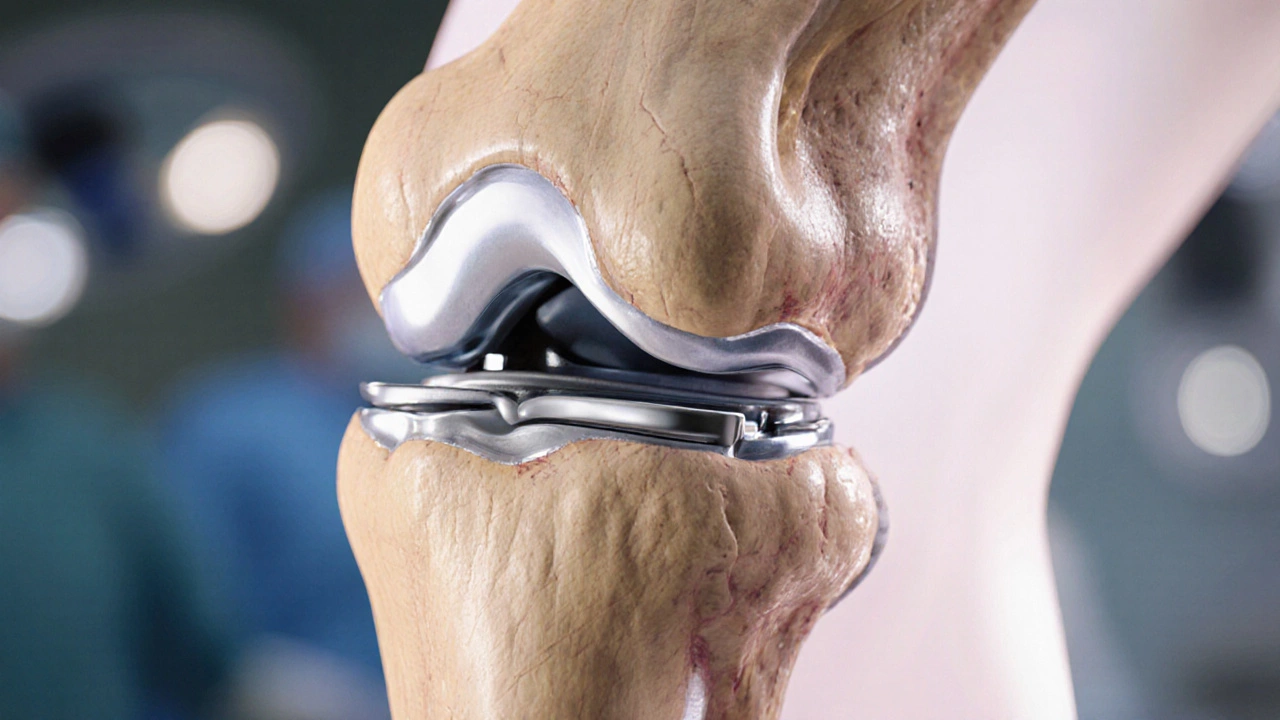Orthopedic Health: Simple Guides for Knee, Bone & Nerve Care
Welcome to the Orthopedic hub of Sunny Health & Wellness. Whether you’re about to have knee surgery, dealing with a stubborn bone issue, or worried about a pinched nerve, you’ll find straight‑forward advice here. We’ve pulled together the most asked‑about topics so you can understand what’s happening and what you can do about it.
Quick Recovery After Knee Surgery
Knee replacement can feel like a big hurdle, but the right steps cut down recovery time. Start moving as soon as your doctor says it’s safe – gentle bends, short walks, and sitting up help blood flow and prevent stiffness. Nutrition matters too; protein and vitamin C support tissue repair. If constipation hits, drink plenty of water, add fiber, and ask about safe stool softeners – a smooth bowel routine keeps you comfortable and on track.
Driving again? Most people can test the pedals after about two weeks, but only if you have full control and no pain. Practice with a friend in a safe area before heading out on busy roads. And remember, every knee is unique – listen to your body and follow the rehab plan your therapist gave you.
Understanding Bones, Nerves & Surgery
Ever heard that a bone never heals? The hyoid bone in your throat is special because it’s not attached to other bones, so it heals differently than most. Knowing these quirks helps doctors decide the best treatment when something goes wrong.
Pinched nerves feel like tingling or sharp pain, and an orthopedic doctor can often fix the underlying structural issue. They may recommend physical therapy, a brace, or, in some cases, a minimally invasive release. The goal is to relieve pressure without unnecessary surgery.
If you’re facing “bone‑on‑bone” knee arthritis, surgery isn’t the only path. Injections, physical therapy, and weight‑loss strategies can delay or even avoid a joint replacement. Talk to your surgeon about all options – sometimes a combination works better than a single procedure.
Choosing the right hospital for nerve or bone damage matters. Look for centers with dedicated orthopedic teams, advanced imaging, and a track record of low complication rates. Asking about surgeon experience and rehab support can save you stress later on.
Precision in orthopedic surgery isn’t just a buzzword; it’s the reason patients walk out with better outcomes. Modern tools like navigation systems and robotic assistance help surgeons place implants exactly where they belong, reducing pain and speeding up recovery.
Finally, rehab stays vary. On average, a short stay of 3‑5 days is common, but your age, health, and surgery type can lengthen it. Use this time to learn exercises, get pain‑management tips, and set realistic milestones for getting back on your feet.
We hope these quick pointers give you confidence to tackle any orthopedic concern. Keep checking back for new articles, because staying informed is the best way to stay healthy.
















